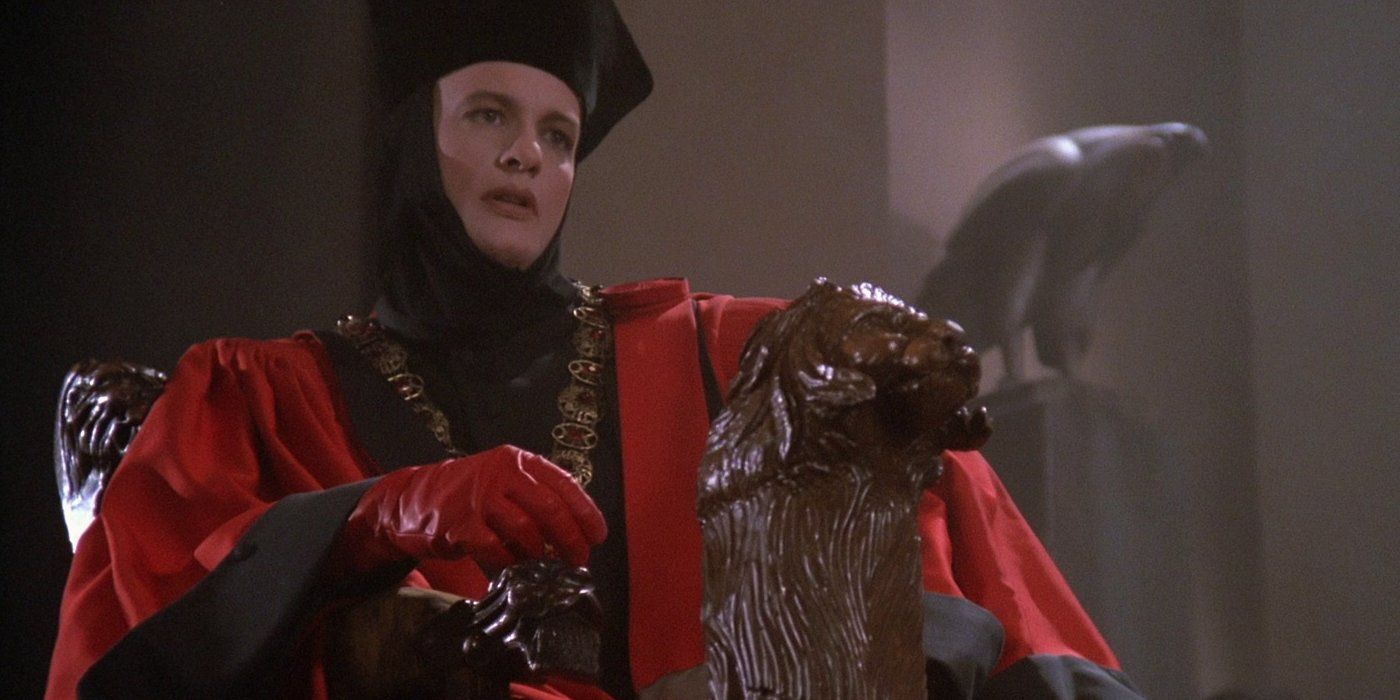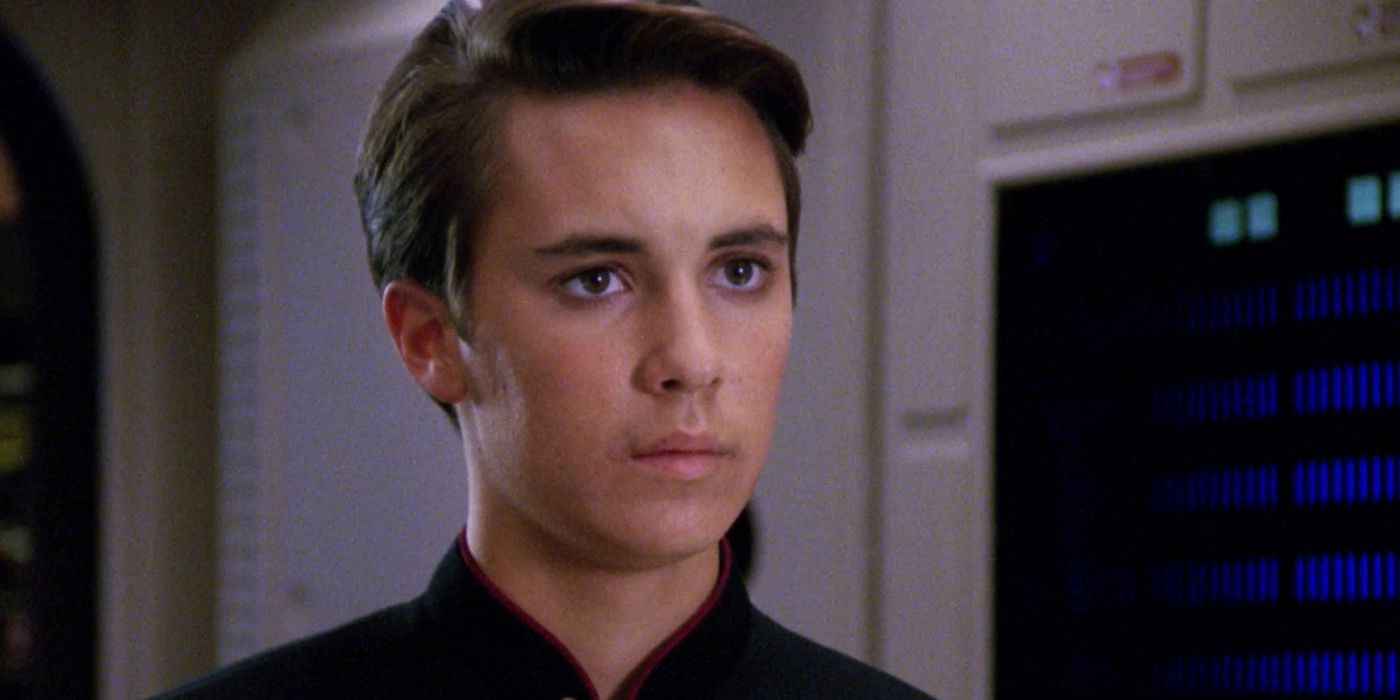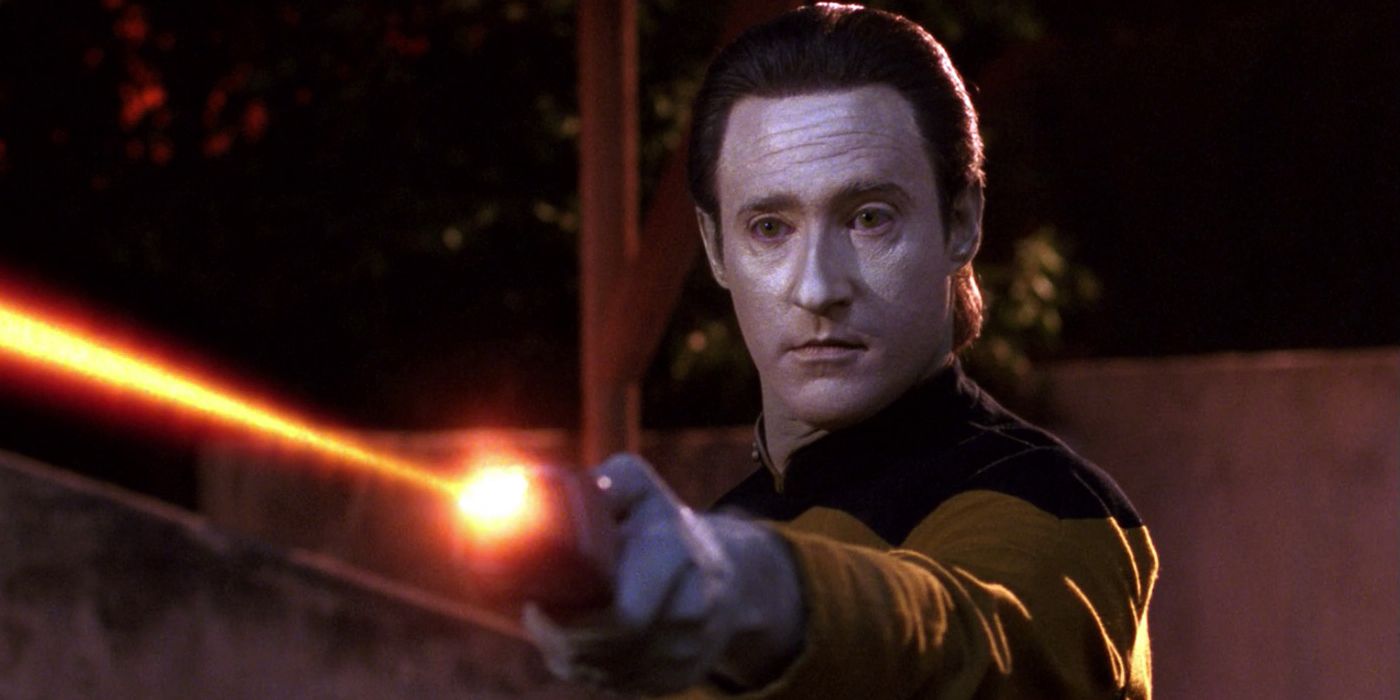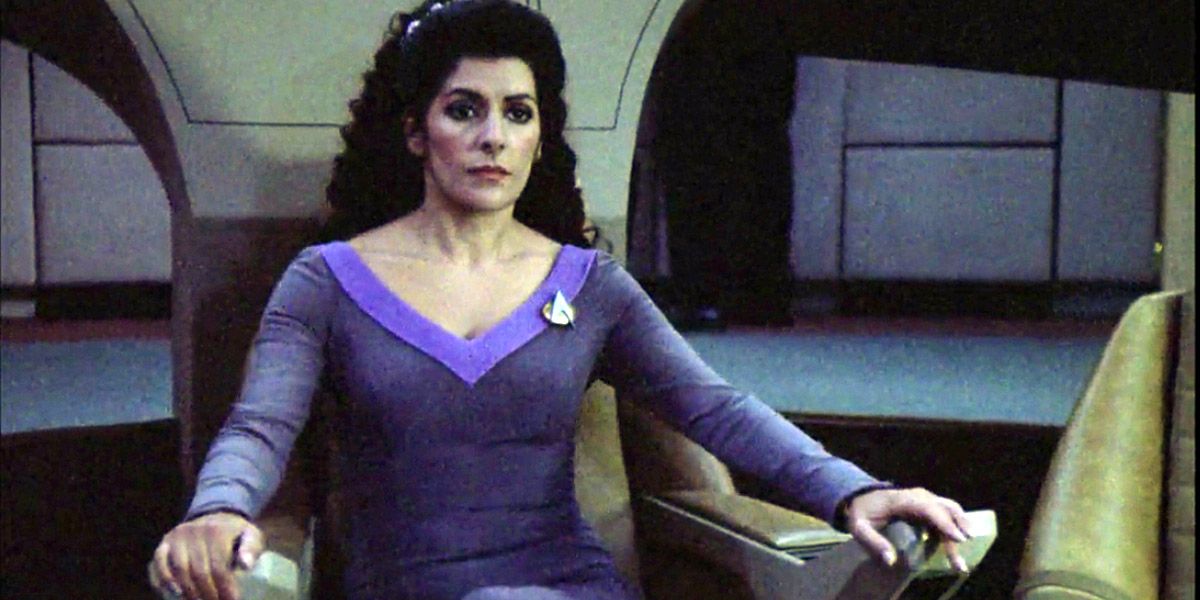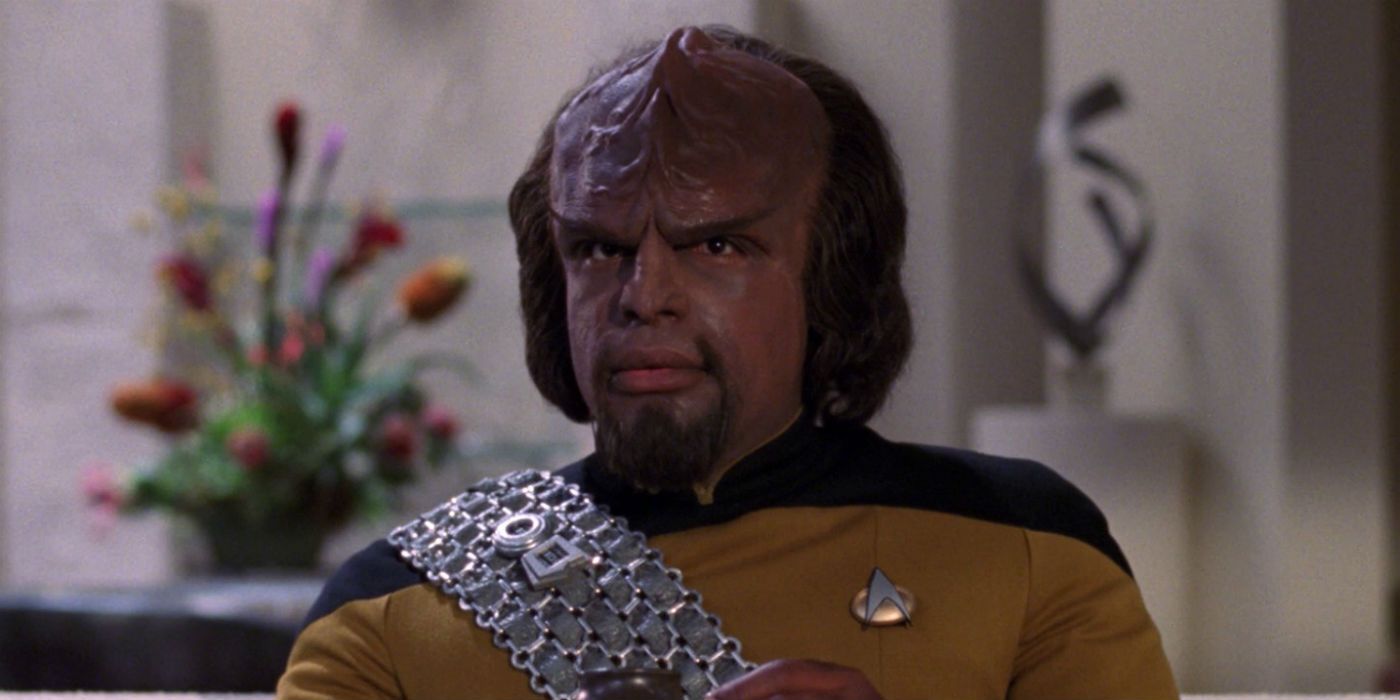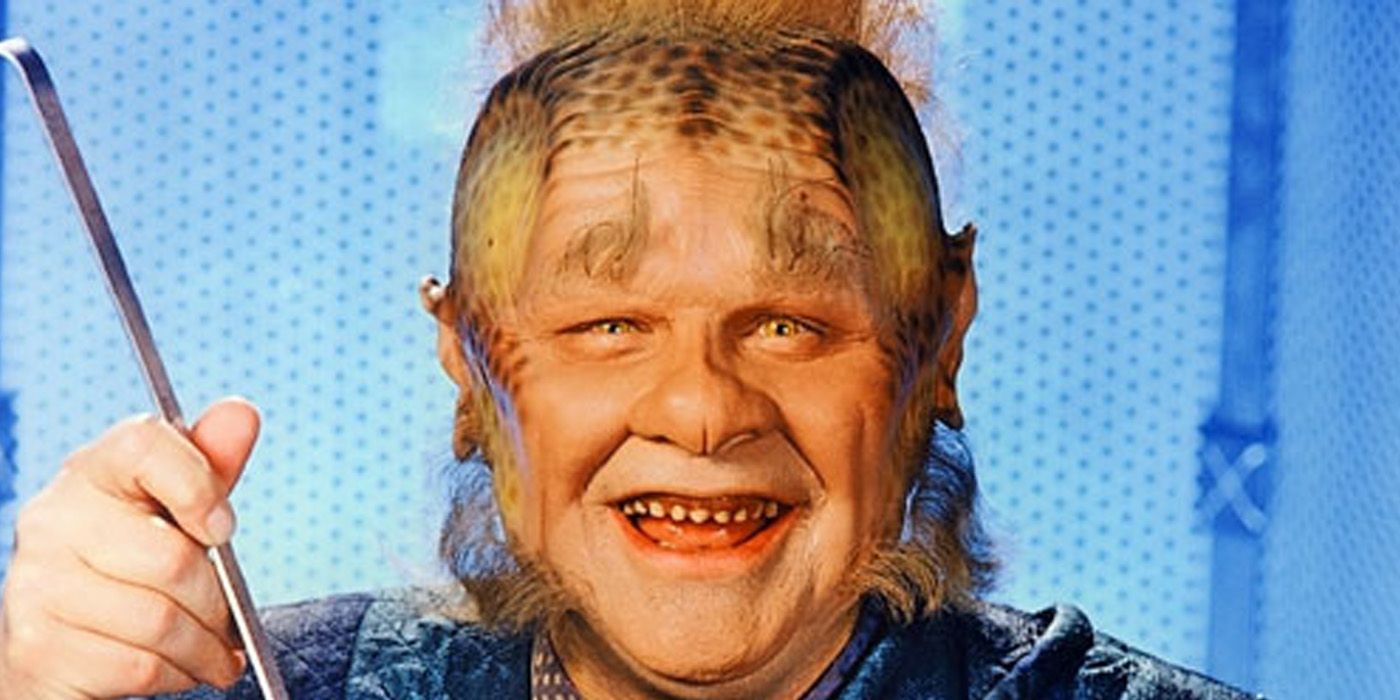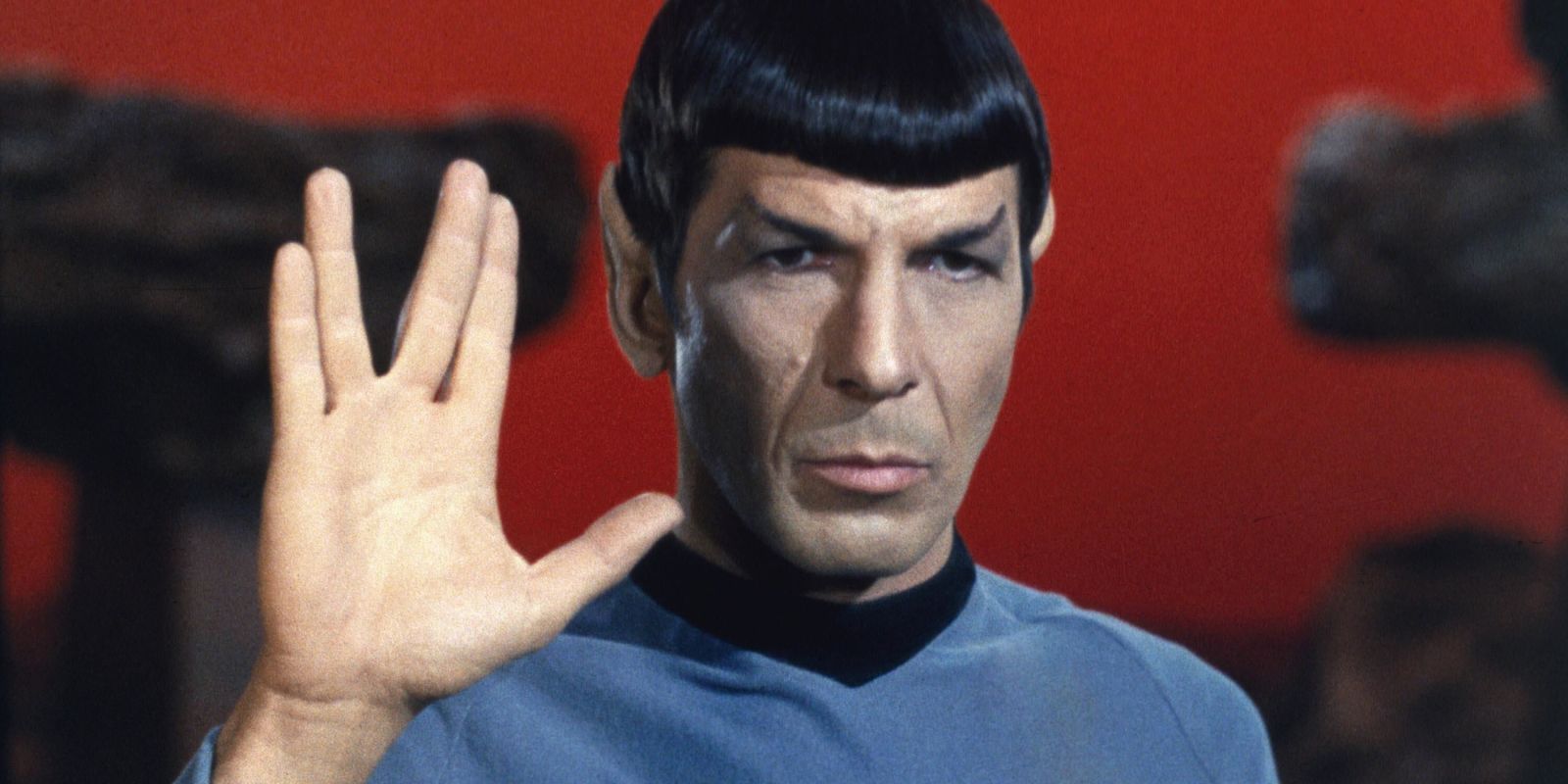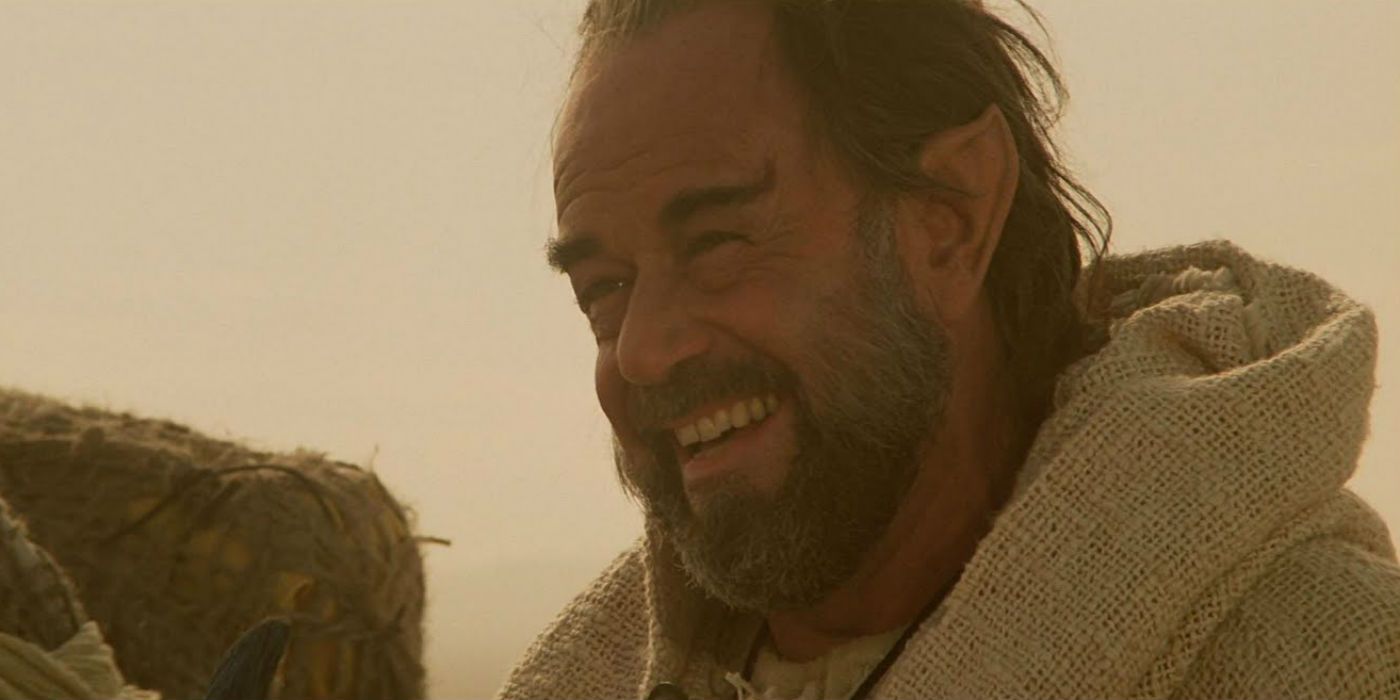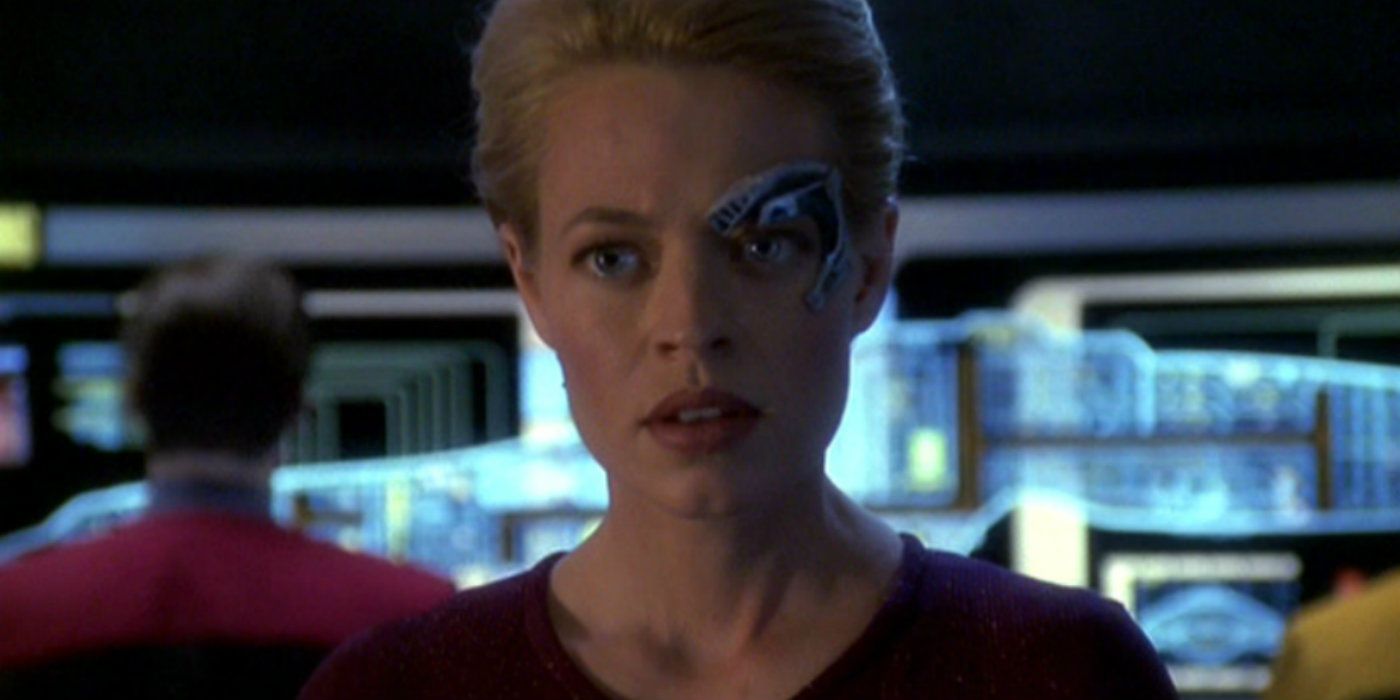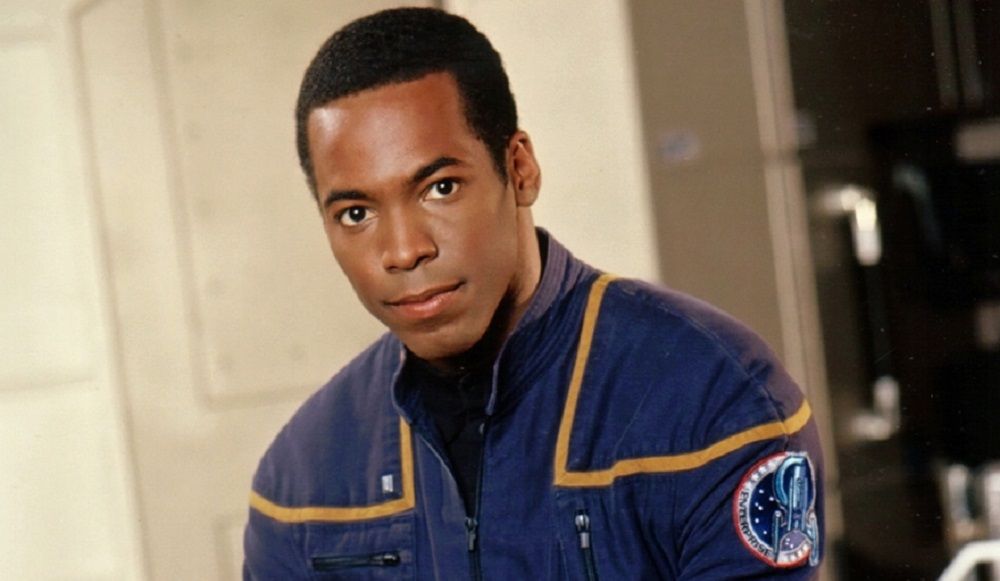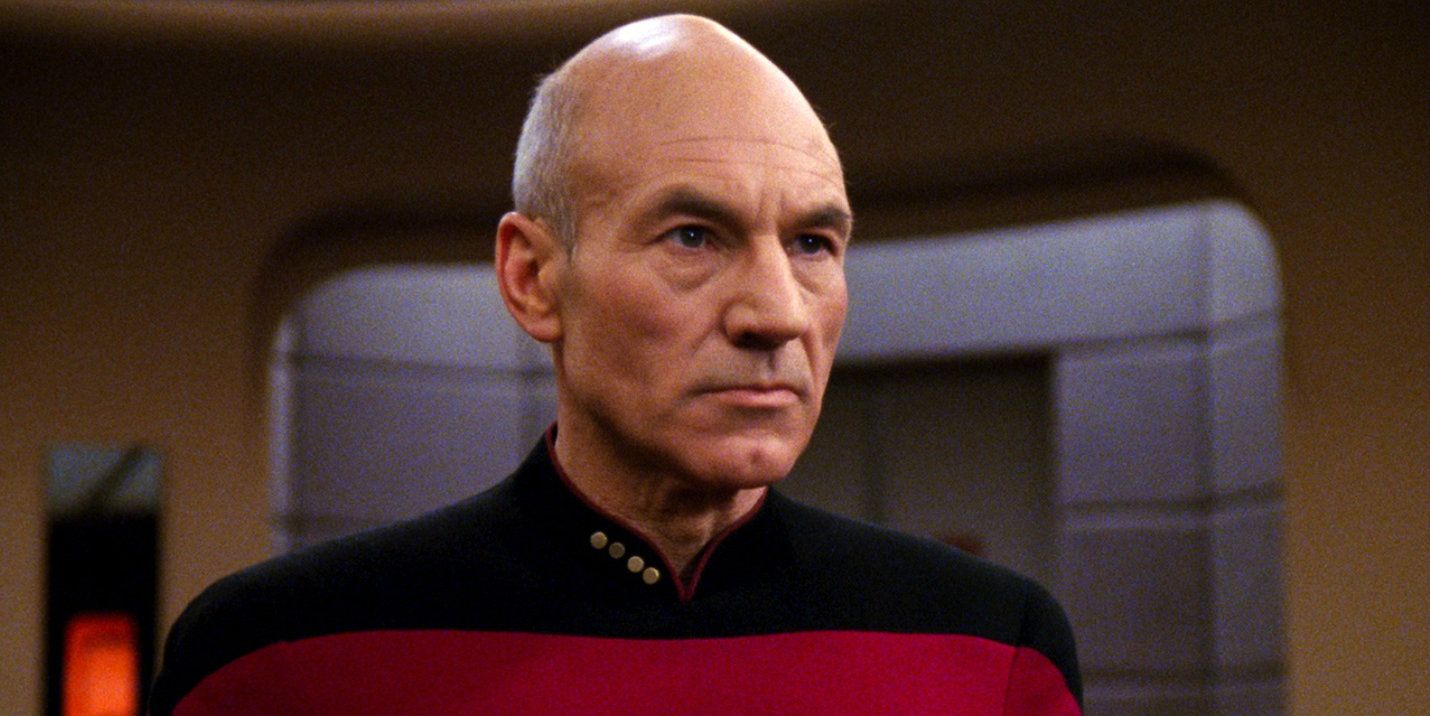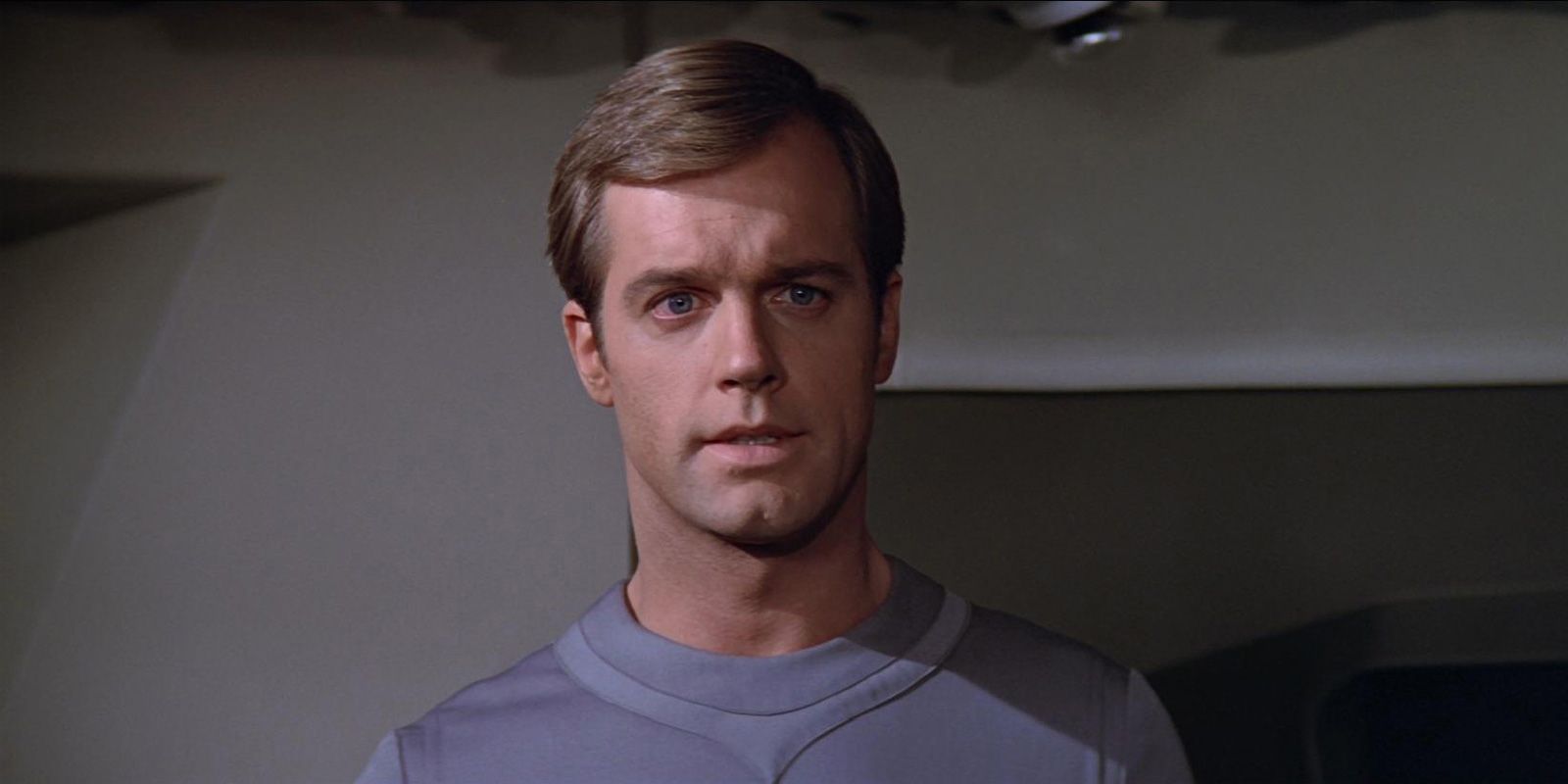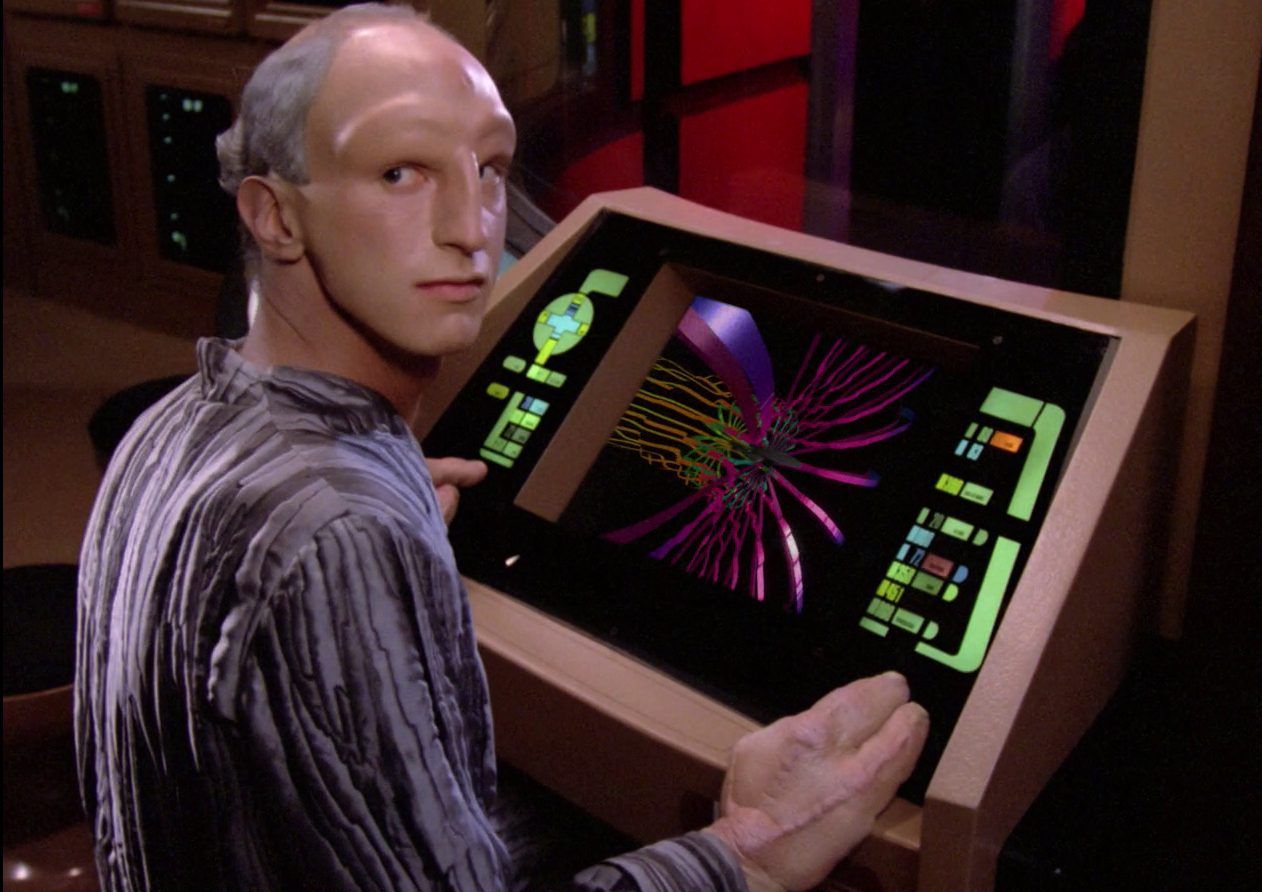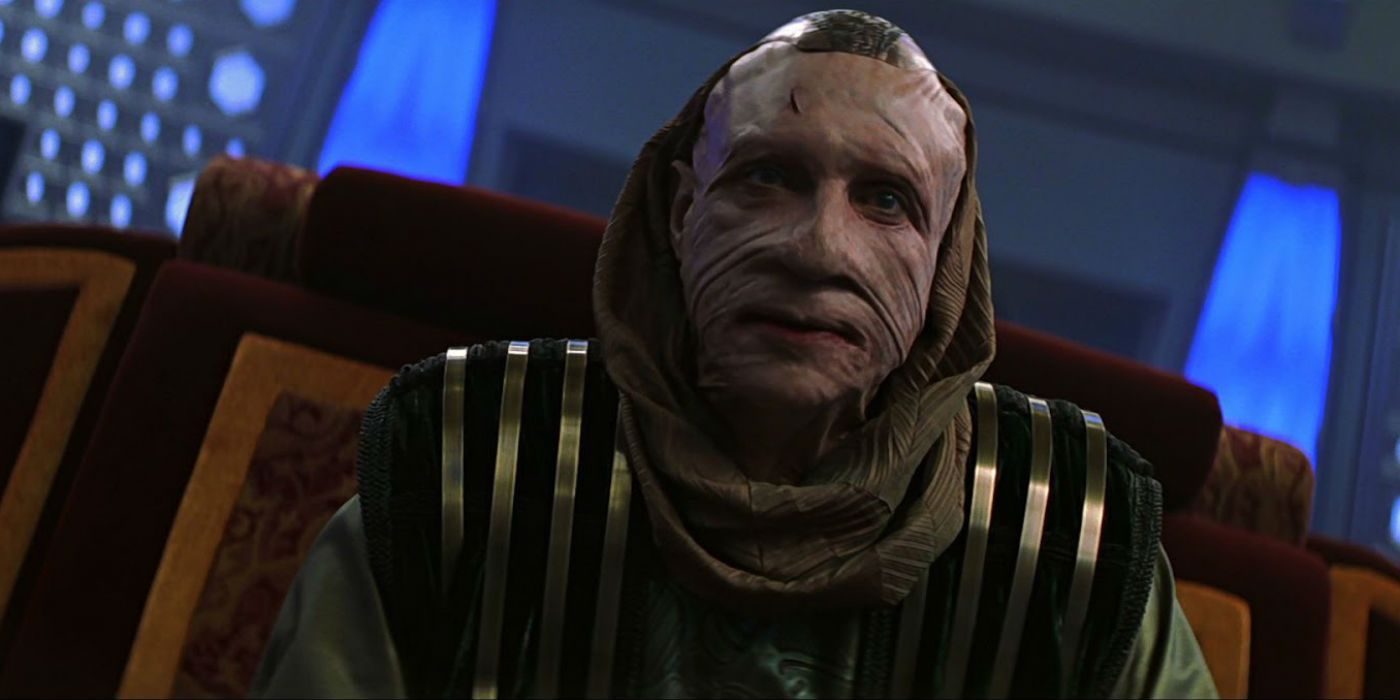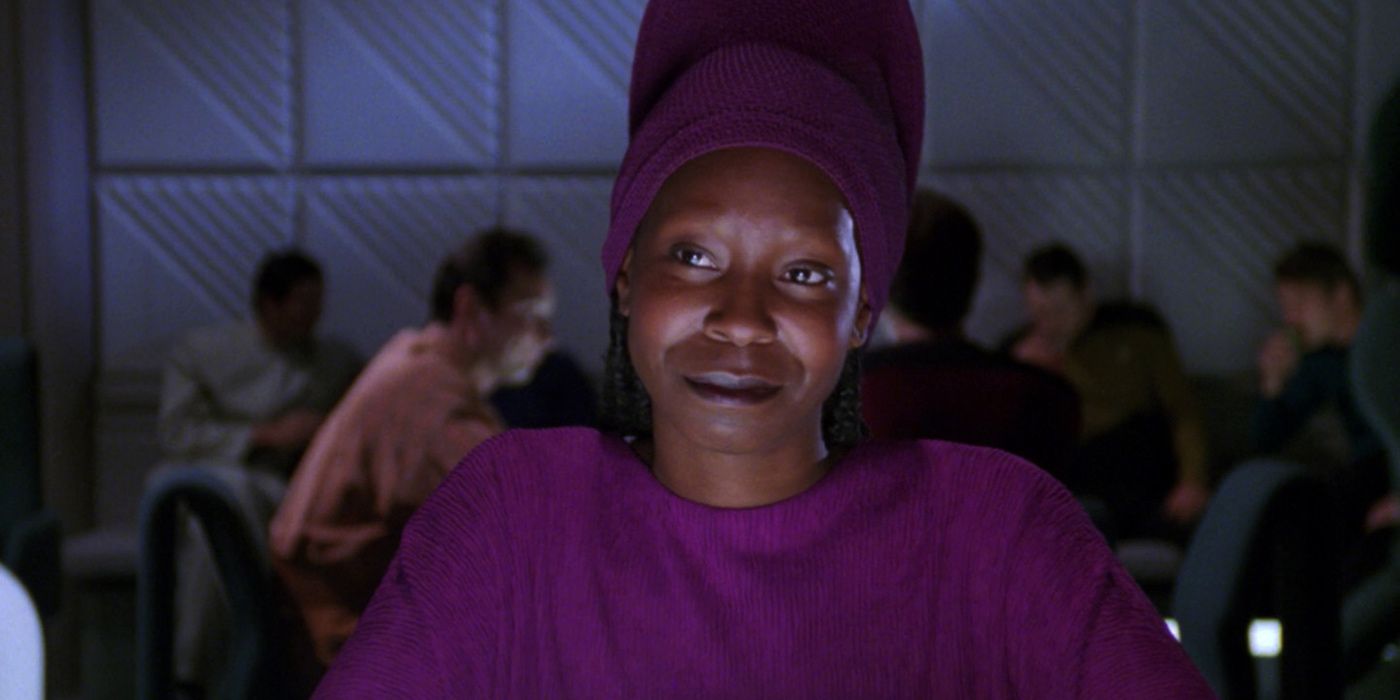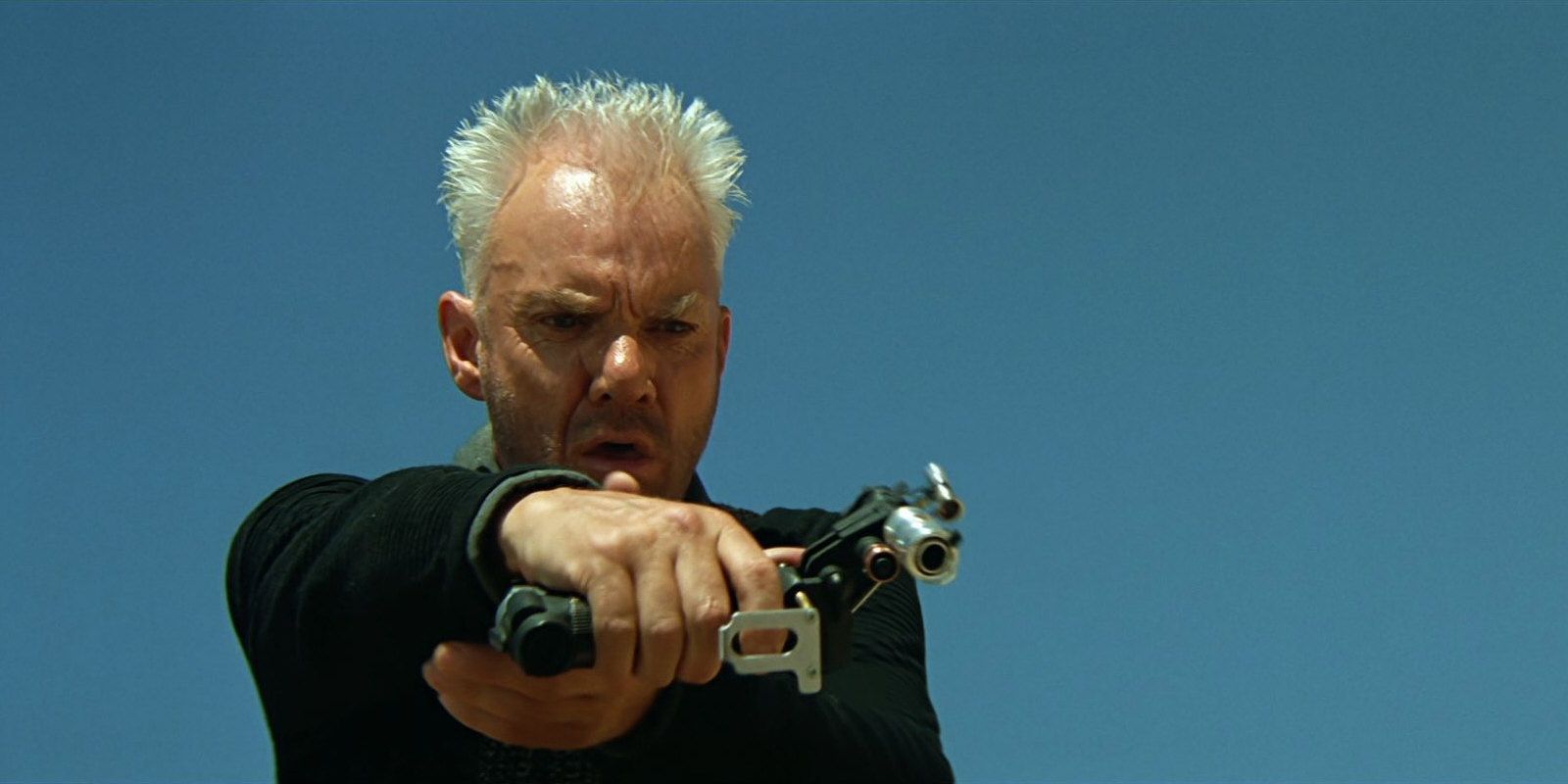Star Trek became one of the most celebrated science fiction franchises of all time through some ingenious storytelling, impressive special effects, rousing scores, and big, bold themes of a future that promised a better world than the one we live in. But perhaps above all else, the franchise has endured because of its most iconic, dynamic characters. Some of them have wielded the sort of fantastic sci-fi power that lights up the brains of children and adults alike, while others have a different kind of power, showing us some aspect of ourselves we hadn’t fully grappled with before we saw it in Spock or Data or Janeway.
Like any other franchise, not every character has been a winner. Star Trek’s lesser moments are riddled with lousy characters, and even classic series like The Next Generation were not immune to a bum character or two. But Star Trek has never been defined by those weaker links, always finding the inherent value in its strongest Starfleet officers that reflect some fundamental truth in humanity, always boldly going where we needed them to go.
These are Star Trek’s 8 Most Powerful (And 8 Worthless) Characters, Ranked.
POWERFUL: Q
The very first and very last adversary of Captain Picard and the crew of the USS Enterprise-D on Star Trek: The Next Generation, Q certainly set the tone. Played with impish glee by John De Lancie, Q is a member of the Q Continuum, a species of aliens so advanced that they appear to be gods to humanity.
Q would show up on Deep Space Nine and Voyager as well, but he took a particular interest in Picard, routinely throwing the Enterprise into some sort of absurd scenario or legitimate crisis, generally with the aim of teaching Picard some dark lesson. Strangely, Q more or less admitted he was rooting for Picard to transcend the limits of his race and become an even more revolutionary explorer, which Picard flirted with in the TNG finale “All Good Things” - much to Q’s delight.
WORTHLESS: Wesley Crusher
“Wesley Crusher sucks.” It’s the sort of meme people who have never watched a second of Star Trek know through cultural osmosis, and with good reason. The wunderkind child of the Enterprise’s chief medical officer, Beverly Crusher, Wesley was a grating presence from his very first appearance in TNG’s debut episode, “Encounter At Farpoint”. In the show’s earliest days, Wesley was often portrayed as smarter than most of the Enterprise’s bridge crew. Wesley's teenage immaturity was viscerally off-putting.
The show would attempt to make the character more palatable in later seasons, where he departed to enroll in Starfleet Academy and faced actual adversity. That would all be thrown away in his final appearance, “Journey’s End”, which once again framed him as a universally important, charmless Chosen One. Picard speaks for us all: "shut up, Wesley!"
POWERFUL: Data
Data was Star Trek: The Next Generation’s version of Spock; the incredibly capable science officer who couldn’t quite connect to humanity. At least Spock was half human - Data was a highly advanced android built in the image of his creator, Doctor Noonian Soong.
Physically more powerful than a Klingon and able to compute information at a rate only rivaled by the Enterprise itself, Data was capable of amazing feats, and yet all he really wanted was to know how it felt to be human.
Data’s journey and evolution was in many ways the backbone of TNG, as he worked within his very real limitations to understand humanity better and attempt to locate within himself something akin to a soul. That evolution went a bit off the rails in the infamous TNG movies, but his arc on the seven-season TV series is a science fiction high water mark.
WORTHLESS: Deanna Troi
One of TNG’s aims was to be a bit more progressive than the original series, which had aired two decades earlier. One way the writers did this was by addressing the mental health of the Enterprise crew, as dealing with life in deep space would unquestionably result in the need for mental healthcare occasionally. That’s a perfectly noble intention, but the execution was lousy.
The ship’s counselor was Deanna Troi, a half-Betazoid empath. Troi was not only a pretty underwhelming therapist - she was given a weirdly prominent role on the ship’s senior staff. She literally sat next to the captain and first officer, essentially to tell Picard “I sense these Klingons are hostile, Captain.”
Troi was also a severely underdeveloped character, subjected to reductive romantic subplots that made TNG seem nowhere near as progressive as it aimed to be.
POWERFUL: Worf
It’s a bit of a contradiction that Worf is easily the most famous Klingon in all of Star Trek lore, yet in many ways he is the least representative member of that species. Orphaned at a young age by a Romulan massacre, Worf was raised on Earth by adoptive human parents. Worf loved his parents, but being an outcast among his people was a burden that would deeply shape him and his worldview.
Worf was the first Klingon to join Starfleet.
He would eventually become the Enterprise’s chief of security, a duty he took as seriously as anyone could. He would find greater career and personal success aboard Deep Space Nine, where he served as the station’s second officer and end fell in love with Jadzia Dax. Worf would prove to be an incredibly important player in the Dominion War, where he once again was forced to choose between humanity and his people.
WORTHLESS: Neelix
Voyager was the beginning of the end for Star Trek’s cultural supremacy in the ‘90s. The show largely squandered an intriguing premise – a Starfleet ship stranded 75 years from Earth in the unexplored Delta Quadrant – by not committing to the more dire implications of a ship in deep space with no support.
Perhaps worst of all – and the one real flaw it could never overcome – was some deeply unappealing characters. The low point was probably Neelix, a Talaxian from the Delta Quadrant who served as the Voyager’s chef. A deeply irritating character who served as an attempt at comic relief, every moment with Neelix was an endurance test. He made the likes of Chakotay and Harry Kim seem like Kirk and Data.
POWERFUL: Spock
What is there left to say about Spock? Played with restrained charm by the late, great Leonard Nimoy, the logical Vulcan was the beating heart of Star Trek, much more so than even Captain Kirk. Spock valued intellect and reason above all, often seeming outwardly cold and alien to his fellow crewmates. And yet Spock was on something of a subconscious journey to self-discovery that neatly paralleled the exploratory mission of the Enterprise itself.
A child of two worlds, Spock had a human mother and a Vulcan father. He chose to live his life as a Vulcan, repressing his humanity as best he could, but still feeling like an outsider among his fellow Vulcans. The irony that he found his home among a group of particularly emotional humans was likely lost on Spock, but his quiet affection for them never was.
WORTHLESS: Sybok
For whatever reason, Star Trek has decided on multiple occasions to give Spock a super secret sibling. Star Trek: Discovery introduced Michael Burnham, Sarek’s human ward who was presumably raised alongside Spock as a child. Before Burnham, however, there was Sybok.
Introduced in the wretched Star Trek V: The Final Frontier, Sybok was Spock’s never-mentioned half-brother.
Sybok was highly emotional Vulcan with telepathic abilities who was seeking God at the far reaches of the universe. A deeply silly character that made Spock and his family retroactively worse, Sybok was dispatched of at the end of The Final Frontier, never to be mentioned again, which is the only good decision ever made about Sybok.
Hopefully Michael Burnham doesn’t start talking about her other, weirder brother on Discovery.
POWERFUL: Seven of Nine
Seven of Nine was seemingly added to Voyager for the most cynical of reasons. Portrayed by Jeri Ryan wearing a skin tight catsuit starting in the show’s fourth season, the former member of the Borg collective was widely accused of being a blatant attempt at sex appeal to boost the ratings of the sputtering series. The gambit worked, but her physical appeal was only a part of the story.
Seven of Nine would end up as arguably Voyager’s most iconic character.
A former human who was assimilated when she was young, she was separated from the Borg collective by the crew of the Voyager and attempted to re-enter humanity. Much like Data, her journey of self-discovery was the sort of story Star Trek thrives on, and her connection to the Borg fueled many of the series’ storylines in its back half, which frequently invoked those terrifying space zombies.
WORTHLESS: Travis Mayweather
There’s a very strong chance you cannot name a fact about Ensign Travis Mayweather. A cast member of the franchise nadir Star Trek: Enterprise, he was in many ways the embodiment of the issues that were poised to sink one of the most storied franchises in TV history.
Mayweather was part of the bridge crew of the NX-01 Enterprise, a century before the events of the original series, under Captain Jonathan Archer.
Mayweather was a smart, enthusiastic crewmember - and that was about it.
He was a complete cipher; an underwritten officer who might as well has been wallpaper. The fact that he was one of the few black members of a Star Trek cast made his complete lack of story and development all the more galling.
POWERFUL: Jean-Luc Picard
Captain Kirk may be the original, but Captain Picard is the genuine article. No single Star Trek character more fully embodies the spirit and ideals of Gene Roddenberry’s creation. Played with trademark charm and gravitas by Patrick Stewart, Picard was originally something of a stern, closed-off captain, but that façade would lagely be dropped by The Next Generation’s third season, revealing a man of almost limitless intellectual curiosity and deep moral integrity.
Picard’s empathetic, informed worldview would become Star Trek’s north star.
He not only set the tone for 24th century Starfleet on The Next Generation, but for virtually every other Star Trek project up until Discovery. Jean-Luc Picard is not only the blueprint for Star Trek’s success, he is in many ways a real world guide for how humanity can better itself.
WORTHLESS: Will Decker
Following the five year mission of the original series, James Kirk was promoted to admiral and the Enterprise was extensively refitted with a new captain, Will Decker. But when the massive entity V’ger began gobbling up ships and starbases at the beginning of Star Trek: The Motion Picture, Admiral Kirk took the opportunity to reinstall himself as the Enterprise’s commanding officer, relegating Decker to his disgruntled first officer.
Decker would be further minimized when Spock rejoined the crew, once again becoming Kirk’s de facto right-hand man. A sulking, paper thin character who held an understandable grudge toward Kirk, nobody cried any tears when Decker merged with V’Ger and ascended to a new plane of existence.
The basic tenets of this character would be slightly remixed and put to significantly better use in the guise of Commander Will Riker in TNG.
POWERFUL: The Traveler
Debuting early on in The Next Generation’s inaugural season, the Traveler is an alien from Tau Alpha C who is ostensibly the assistant to a Starfleet propulsion expert named Kosinski. Kosinski’s experiments to increase the Enterprise’s warp speeds go awry, sending the ship millions of light years from the Milky Way.
The Traveler used his amazing abilities to get the Enterprise home, but appeared to perish in the effort.
But the Traveler would return several times during TNG’s run, usually when some sort of time travel or spatial anomaly arose, and was generally aided by Wesley Crusher, whom the Traveler suggested was capable of the same abilities as he was. His final appearance in “Journey’s End” saw him depart with Wesley to begin their mysterious training.
WORTHLESS: Ru’Afo
The list of Star Trek: Insurrection’s misfires is not short. The third TNG film felt more like an underwhelming two-part episode than a movie, due in large part to an uninspiring story, some shoddy special effects, and one of the franchise’s lamest villains in Ru’Afo.
A leader of the Son’a, Ru’Afo and his people are trying to fend off the effects of their incredibly advanced age by pillaging a seemingly unrelated colony of its planet’s restorative effects – though it would later be revealed that the Son’a were a splinter faction of that colony. One of the ways Ru’Afo preserves his decaying body is with a sort of super-advanced plastic surgery, stretching his grotesque skin across his face.
It’s hard to take a villain seriously when he looks like uncooked pizza dough.
POWERFUL: Guinan
Guinan is one of Star Trek’s greatest enigmas. Introduced during The Next Generation’s second season, she served as the Enterprise’s bartender, but was very clearly more than that. She shared a deep friendship with Captain Picard, which was built on an absolute bedrock or trust that was never fully explained.
Guinan's species, El-Aurians, have incredibly long lifespans.
Guinan is somewhere between 500 and 700 years old during the events of TNG. She also has some vaguely defined empathic powers, able to see and understand things others can’t - most notably in the classic episode “Yesterday’s Enterprise”, where she is able to understand that she and the rest of the Enterprise crew are caught in an alternate timeline and that they must alter events to save the universe from war.
WORTHLESS: Tolian Soren
Tolian Soren is an El-Aurian, just like Guinan, but that’s where the comparisons end. After his people were effectively wiped out by the Borg, Soren became obsessed with the Nexus, an energy ribbon that can essentially create whatever reality its occupants wish to experience. He had no problem murdering on a planetary scale to get to the Nexus, and through some Nexus time travel shenanigans, both James Kirk and Jean-Luc Picard attempt to thwart him.
Soren would be a forgettably mediocre Star Trek villain if not for one galling fact – he killed Captain Kirk. Kirk meets his end after falling off a railway while attempting to stop Soren from destroying a star, dying in a heap of metal with Picard close by. Quite simply, one of the franchise’s greatest icons deserved a better end than falling off a bridge trying to stop a nobody like Tolian Soren.
---
Who do you think is the most powerful Star Trek character? Let us know in the comments!


